WFU senior turns her passion for sustainability into art
Gretchen Castelloe is helping develop the university’s first interdisciplinary arts festival
Gretchen Castelloe uses one of the tree swings on campus.
February 7, 2023
Senior Gretchen Castelloe, an environmental science major and dance minor, has blended her passion for the environment and the arts in developing Wakeville, Wake Forest’s first interdisciplinary arts festival.
Wakeville, hosted by Student Union, will encourage Wake Forest students to share their artistic abilities. The student-led event aims to bring all art forms together — from dance and fashion, to visual art and literature. Students can sign up to participate and showcase their art from 12-6 p.m. on Saturday, April 1.
“We hope [Wakeville] will be an opportunity for different types of artists to collaborate with each other and share all kinds of art with the rest of campus,” Castelloe said.
Castelloe is currently working with a team of students to make Wakeville an environmentally-friendly event. One initiative is the use of repurposed materials. Some of the plans include printing the festival’s logo on thrifted rather than store-bought t-shirts, supplying food trucks with compostable utensils and using repurposed materials for decorations.
“My specific goal is to make this large-scale event as sustainable and low-waste as possible,” Castelloe said.
Castelloe first became involved with the Office of Sustainability during her freshman year after joining the Sustainability Leadership Group (SLG), a group that encourages sustainability among freshman students.
“Sustainability Leadership Group is an opportunity for freshmen who are passionate about sustainability to become peer leaders in their first-year community and lead their own projects to influence their peers to live more sustainably,” Castelloe said.
In Spring 2021, Castelloe became the Greeks Go Green representative for her sorority, Alpha Delta Pi. This role allowed her to act as a liaison between campus Greek Life and the Office of Sustainability.
“When I was [Alpha Delta Pi]’s Greeks Go Green Representative, I led two behavior change campaigns,” Castelloe said. “One about introducing more plant-based options into people’s food choices and the other about being a more mindful consumer.”
During her sophomore and junior year, Castelloe volunteered with environmental educators at Forsyth County Schools to teach an energy and water conservation curriculum. Every week, she worked with a new school, via Zoom, to engage with seventh graders about sustainability.
“Being involved in several environmental initiatives my first few years at Wake Forest definitely springboarded me into other opportunities related to sustainability on campus,” she said.
At Wake Forest, Castelloe’s major and minor mimicked a combination of the two things she loved most in her childhood.
“I was very involved in the arts growing up,” she said. “I had been dancing since I was 3 years old and did a few small theater performances over the years. I liked to casually sing and make art. I also loved being outdoors.”
She continued: “I’ve always been in awe of nature…Seeing how sunlight filters through the leaves in the forest in summers, how white watered streams bounce off moss-covered boulders in the mountains, how the sun rises over the ocean. Our planet is so beautiful, and I want everyone to appreciate that.”
This semester, Castelloe has the opportunity to choreograph for Wake Forest’s spring dance concert — where the choreography is done completely by students.
“My dance is going to be about the human-nature relationship and will hopefully inspire audiences to take action and reduce the negative human impact on the planet and its people,” Castello said.
Castelloe’s piece will be titled “Grow Till Tall” and may make an appearance at Wakeville this spring.
This April, Castelloe will be partnering with Wake Forest alumna and artist Meredith Mulhearn to bring her tapestries — made from Mulhearn’s own plastic waste — to campus for a workshop visitation. This event will take place on April 19, and details are forthcoming.
It’s beautiful to be able to use the art form I’ve known my whole life to make something meaningful to me and hopefully inspiring to others.
— Gretchen Castelloe ('23)
Castelloe also runs Artivists, a collective of activism-focused artists who are working to exhibit a zero-waste art gallery in April.
“It’s beautiful to be able to use the art form I’ve known my whole life to make something meaningful to me and hopefully inspiring to others,” she said.
Castelloe credits her courses in the Environment and Sustainability Studies Program for providing her with a deeper understanding of sustainability.
“The climate and biodiversity crises we’re facing now don’t just affect animals and trees and ecosystems — they also affect people in really huge ways,” she said.
Castelloe explains that, especially in marginalized and minority communities, the careless footprints left behind by people exploit both our planet and the people on it.
“There are so many environmental injustice issues. For example, waste disposal sites and manufacturing operations with high pollution are disproportionately located in or near lower-income communities and communities of color in the United States,” Castelloe said.
Castelloe also emphasizes the inherent materialistic nature of our society.
“We live in a culture that’s obsessed with consumption,” she said.
This culture of consumption leads to the extraction of natural resources which results in environmental issues like deforestation, erosion and pollution.
“The extraction of natural resources and manufacturing most often occur in the Global South where workers are not fairly compensated and are at risk of adverse health effects from exposure to toxic materials,” Castelloe said. “If we were to reduce our consumer culture in the global north, we wouldn’t have to rely so much on exploiting the labor of people in other countries or exploiting the planet.”
She concluded: “Saving the planet and making the world more equitable has lots of the same solutions. It’s easy to be passionate about solutions that will help our planet and its people thrive.”


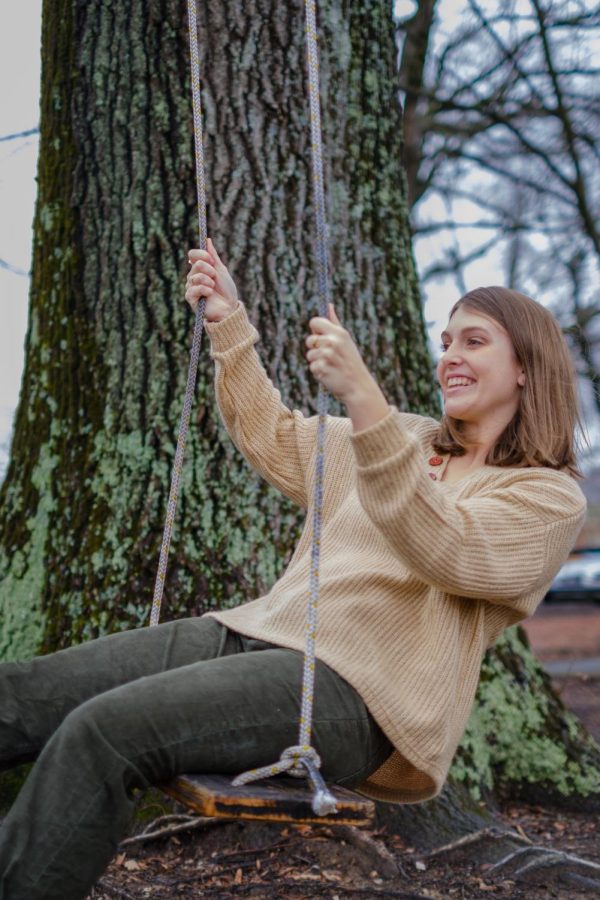










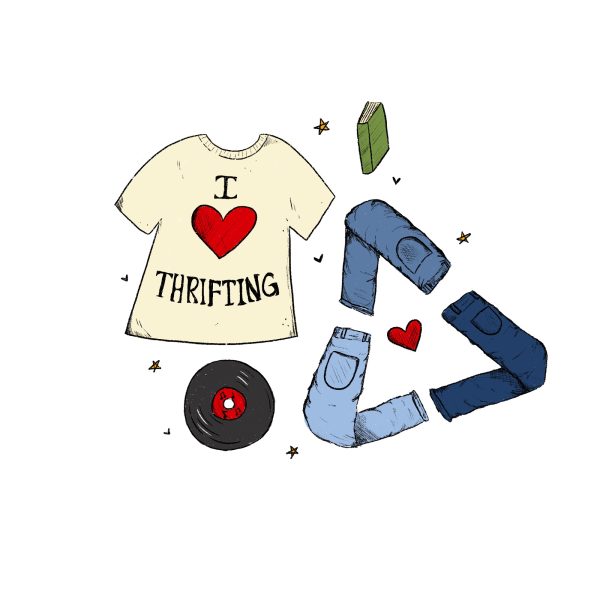
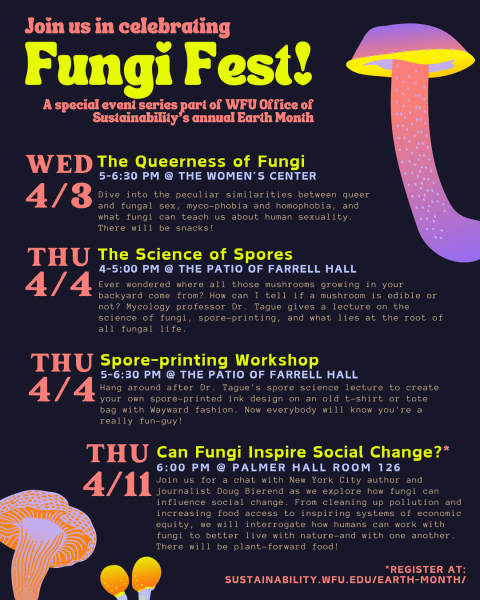
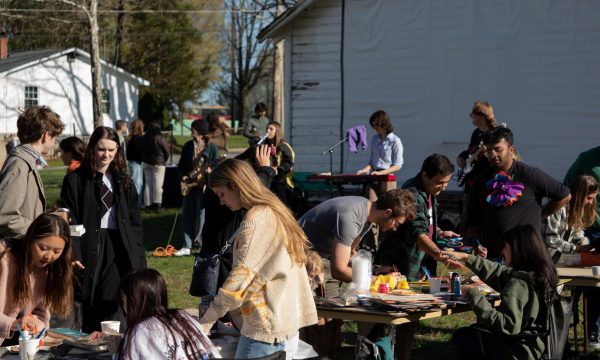
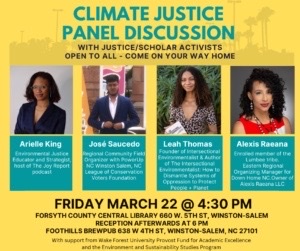


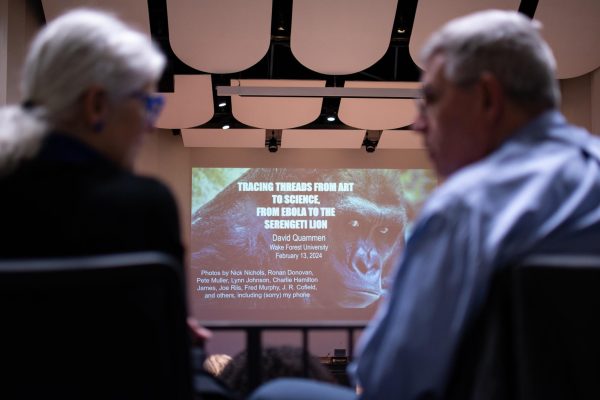
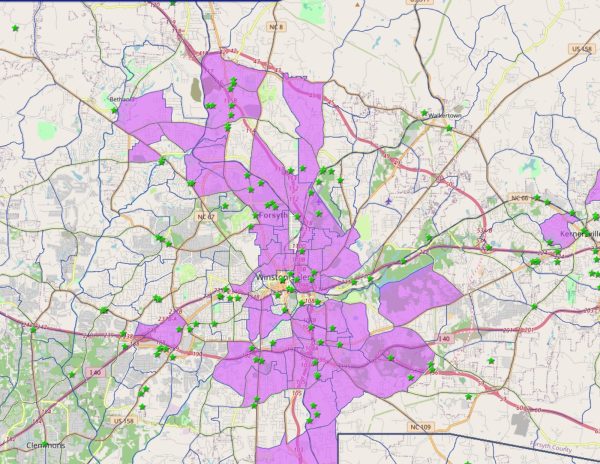
Katy Dongieux • Feb 10, 2023 at 3:20 pm
This is a well written and interesting article by Anita Dongieux! There are organizations in New Orleans that are selling Sustainability Mardi Gras throws that hopefully will replace all the cheap plastic & toxic ones being imported from China. These throws are made from sustainable material and promote Louisiana products.